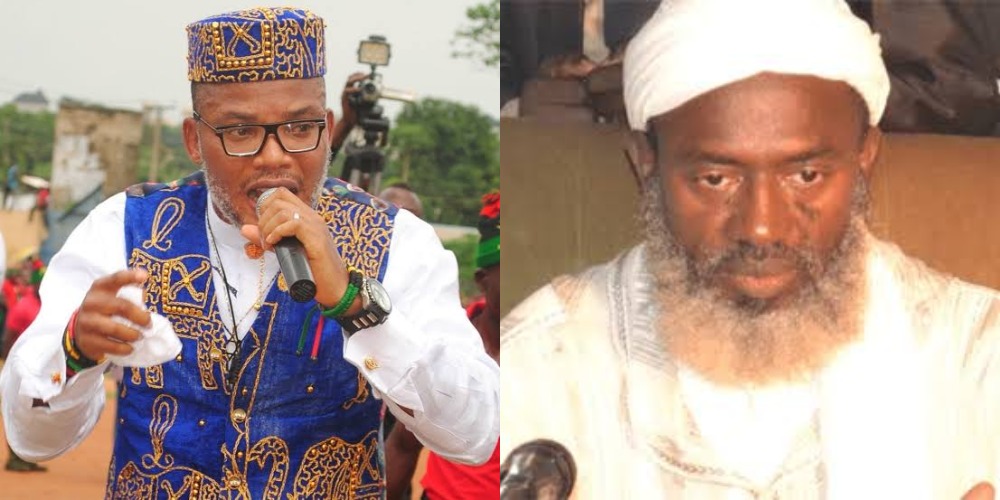
By: Chioma Madonna Ndukwu
Nnamdi Kanu Gets Life Term While Sheikh Gumi Walks Free — Lawyer Calls It Selective Justice
A Nigerian lawyer and political analyst, Malcolm Emokiniovo Omirhobo, has criticised the life sentence handed to IPOB leader Mazi Nnamdi Kanu, describing it as a clear display of selective justice in Nigeria.
Omirhobo said it was troubling that Kanu had been arrested, detained, tried and convicted, while Islamic cleric Sheikh Ahmad Gumi, who regularly visits bandit camps, negotiates with armed groups and publicly defends their actions, continues to move freely without any form of interrogation by security agencies.
He said the contrast was not only morally wrong but also unconstitutional, noting that Sections 17, 36 and 42 of the 1999 Constitution guarantee equality before the law and forbid discrimination in law enforcement.
In a statement he personally signed, the lawyer argued that Nigeria now runs “a two-track justice system where one man is punished for his speech while another who openly associates with terrorists is celebrated as a mediator.”
He listed the government’s treatment of both men:
Nnamdi Kanu:
Accused of inflammatory broadcasts;
Arrested through extraordinary rendition;
Denied consistent access to justice;
Charged, tried and now sentenced to life imprisonment.
Sheikh Ahmad Gumi:
Freely enters bandit camps;
Meets armed criminals responsible for mass killings;
Publicly defends them;
Has faced zero arrest, zero investigation and zero accountability.
“If broadcasts amount to terrorism, then direct contact, negotiation and public advocacy for armed groups constitute far more serious offences,” Omirhobo said.
He called on the Federal Government, the Attorney-General of the Federation, the DSS and the Nigeria Police Force to apply the same legal standards to all citizens, regardless of ethnicity, religion or political interests.
“The fight against terrorism cannot succeed when individuals who fraternise with killers are protected. Justice must be blind, not selective,” he added.
Africaworldnews earlier reported that Kanu was sentenced to life imprisonment on Thursday after being convicted on terrorism charges.
Nnamdi Kanu, leader of the Indigenous People of Biafra (IPOB), has faced years of legal battles with the Nigerian government.
His 2015 arrest, later escape, and controversial re-arrest in 2021 triggered a series of court cases, protests and international concerns.
Although the Court of Appeal ordered his release in 2022, the Federal Government challenged the ruling, keeping him in custody.
His prolonged detention and extraordinary rendition have drawn global condemnation, with several international bodies and foreign lawmakers accusing Nigeria of human rights violations and inconsistent application of the law.
Sheikh Ahmad Gumi, a Kaduna-based Islamic cleric, rose to national prominence for regularly entering forests to negotiate with armed bandits.
His public defence of their actions and frequent appearances in terror-controlled areas have sparked public outrage, yet he has not been arrested, questioned or prosecuted.
Critics say the contrasting treatment of both men highlights long-standing concerns about fairness, bias and political influence in Nigeria’s justice system.



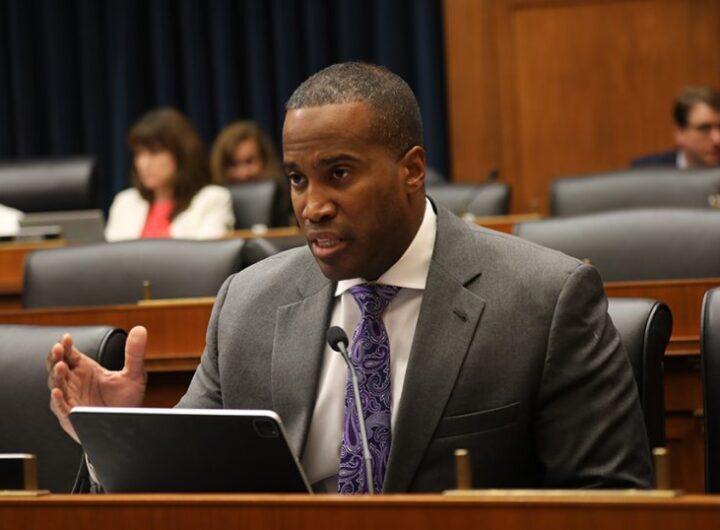 US Lawmaker Says Nnamdi Kanu’s Ordeal Exposes Deep Religious Bias in Nigeria
US Lawmaker Says Nnamdi Kanu’s Ordeal Exposes Deep Religious Bias in Nigeria 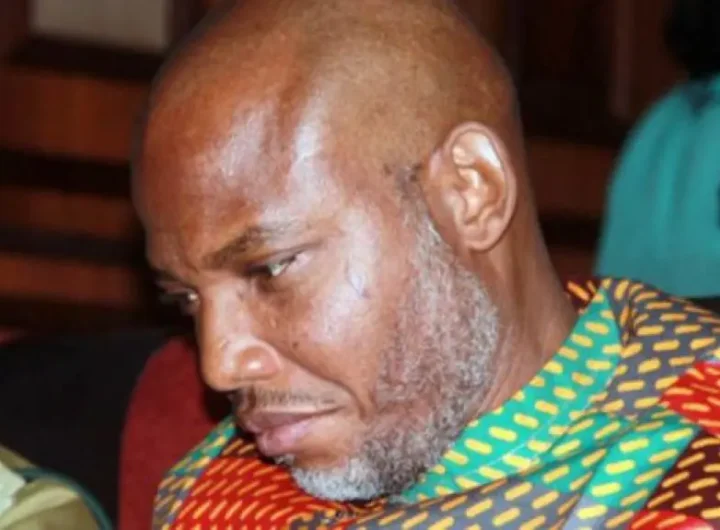 Nigeria Court Sentences Nnamdi Kanu to Life Imprisonment for Terrorism
Nigeria Court Sentences Nnamdi Kanu to Life Imprisonment for Terrorism  A.C.E, IREDE Foundation handover prosthetic limbs to four child amputees
A.C.E, IREDE Foundation handover prosthetic limbs to four child amputees  Death Toll in Malaysia Migrant Boat Disaster Rises to 21
Death Toll in Malaysia Migrant Boat Disaster Rises to 21  Nigeria Students Beat Teacher to Death After He Tried to Stop Them from Gambling
Nigeria Students Beat Teacher to Death After He Tried to Stop Them from Gambling  Truck kills tricycle driver in Lagos accident
Truck kills tricycle driver in Lagos accident 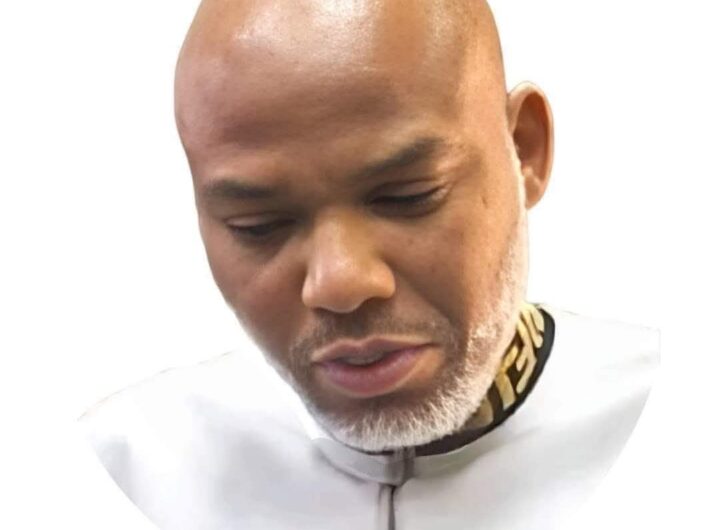 Sowore Alleges Nnamdi Kanu Has Been Secretly Transferred to Sokoto Prison
Sowore Alleges Nnamdi Kanu Has Been Secretly Transferred to Sokoto Prison  PM Modi Arrives in South Africa for Historic G20 Summit on African Soil
PM Modi Arrives in South Africa for Historic G20 Summit on African Soil  Police, Military Launch Major Search After Students Kidnapped in Niger State
Police, Military Launch Major Search After Students Kidnapped in Niger State 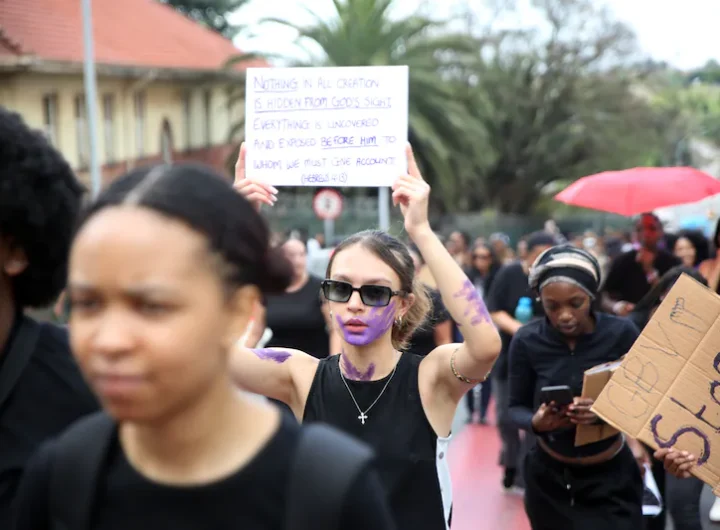 Women for Change Shutdown Demands Action on South Africa’s GBV Crisis
Women for Change Shutdown Demands Action on South Africa’s GBV Crisis